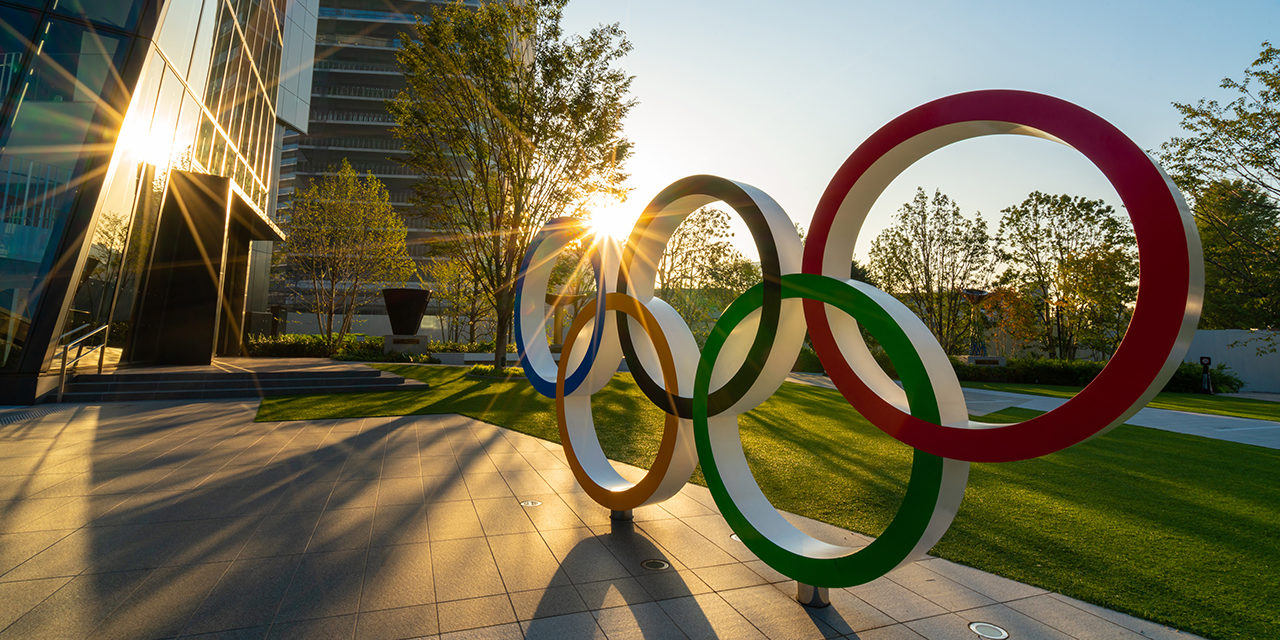As the COVID-19 virus grew from a localized outbreak in Wuhan, China into a full-scale global pandemic, the 2020 Summer Olympics in Tokyo was postponed and subsequently rescheduled to take place from July 23 through August 8, 2021.
Never before in world history had the Olympics been postponed and then rescheduled, ensuring the upcoming Tokyo 2020 Olympics will be a marker in the historical record.
Something else that the Tokyo 2020 Olympics will be known for: the first time a biological male will compete against biological females on the world stage.
New Zealander Laurel Hubbard, a biological male, has become the first transgender athlete to qualify for the Olympics in any event.
Hubbard, who was named Gavin Hubbard by his parents, is likely to win a powerlifting medal, as he “won a silver medal in the over-90 kilogram competition at the 2017 World Championships and gold in the over-87 kilogram competition at the 2019 Pacific Games.” He won the medals in the female events.
Also for the Tokyo 2020 Olympics, Anna Vanbellinghen of Belgium has qualified in the over-87-kilogram super-heavyweights category, the same event as Hubbard.
Now, Vanbellinghen is speaking out about how she views Hubbard’s competition in the event as unfair.
She recently told Inside the Games, “Anyone that has trained weightlifting at a high level knows this to be true in their bones: this particular situation is unfair to the sport and to the athletes.”
Vanbellinghen also spoke about the inherent biological advantages men have over women when it comes to competitive sports.
“Why is it still a question whether two decades, from puberty to the age of 35 (Hubbard’s age when he began transitioning), with the hormonal system of a man also would give an advantage [in competing against women]?
“I understand that for sports authorities nothing is as simple as following your common sense, and that there are a lot of impracticalities when studying such a rare phenomenon, but for athletes the whole thing feels like a bad joke.
“Life-changing opportunities are missed for some athletes – medals and Olympic qualifications – and we are powerless…
“The extreme nature of this particular situation really demonstrates the need to set up a stricter legal framework for transgender inclusion in sports, and especially elite sports. Because I do believe that everyone should have access to sports, but not at the expense of others,” Vanbellinghen said.
According to the International Olympic Committee’s (IOC’s) policy enacted in 2015, biologically male athletes who begin to identify as female are eligible to compete in the female category under the following conditions:
- “The athlete has declared that her gender identity is female.”
- “The athlete must demonstrate that her total testosterone level in serum has been below 10 nmol/L for at least 12 months prior to her first competition.”
- “The athlete’s total testosterone level in serum must remain below 10 nmol/L throughout the period of desired eligibility to compete in the female category.”
- “Compliance with these conditions may be monitored by testing. In the event of non-compliance, the athlete’s eligibility for female competition will be suspended for 12 months.”
For this year’s Olympics, there will be just one biologically male athlete competing against females. But what about the 2022 Winter Olympics in Beijing? Or the 2024 Summer Olympics in Paris?
If the IOC’s policy isn’t reversed or modified, could we soon see, for all intents and purposes, the end of women’s competitions in the Olympics?
We may soon find out.
You can follow this author on Parler @ZacharyMettler
Photo from Chaay_Tee / Shutterstock.com






